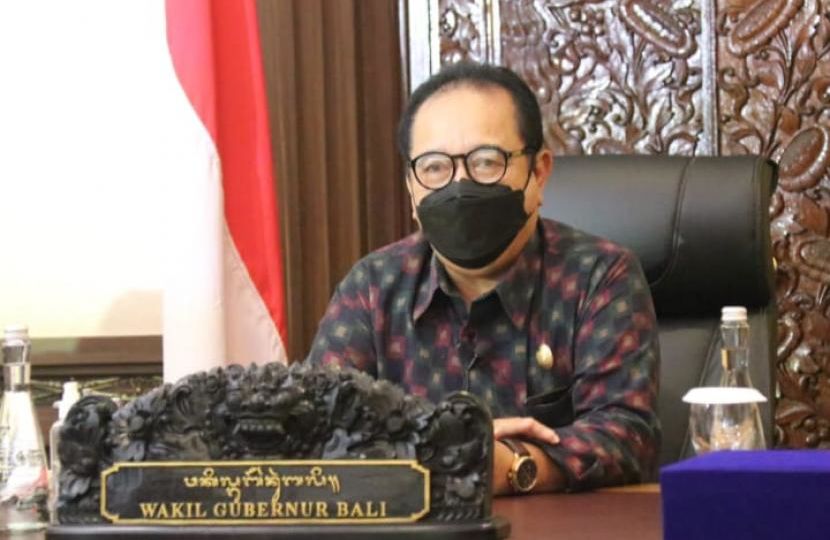Indonesians throughout the country will undoubtedly feel the brunt of recent price hikes to government-subsidized fuel, including in tourism-reliant Bali. A senior official on the island has called upon the locals to remain patient and make the most use of what the island already has – including public transportation.
President Joko “Jokowi” Widodo announced energy subsidy cuts over the weekend, including for the 90 octane-rated subsidized fuel Pertalite — the most popular fuel variant produced by state-owned oil and gas firm Pertamina. Pertalite is now sold at IDR10,000 (US$0.67) per liter, up from IDR7,650 (US$0.51).
In response to concerns about what the price hike would mean for Bali, which only this year saw its tourism industry begin to awaken from a pandemic slumber, Bali Vice Governor Tjokorda Oka Artha Ardhana Sukawati called on citizens to be less reliant on private transportation.
“Let us all be patient. Let’s optimize what we have now,” said the official, who is locally known as Cok Ace.
“Let’s take advantage of facilities that have been provided by the government, like public transportation.”
Cok Ace added that he doubts the fuel price hike impact on the island’s tourism industry would be great.
“For now we haven’t seen [the impact], obviously prices will certainly surge. Astungkara [God willing] for tourism consumption is still low. Even if the prices go up perhaps it won’t be felt because hotels are not fully occupied yet,” he said, adding that the price hikes would affect flights more with airfares going to Bali still considered pricey.
While Cok Ace’s proposed solution sounds obvious on the surface, it’s important to note that Bali is not exactly known for its mass public transportation, i.e. those that are not taxis or motorcycle taxis. For travelers, Bali has merely a handful of mass transit options, including Trans Sarbagita buses that connect the Ngurah Rai International Airport and Nusa Dua, Trans Metro Dewata, and Kura-Kura buses.




